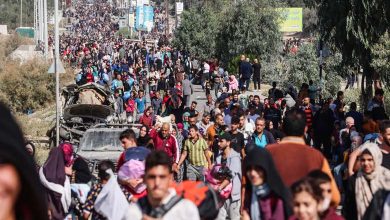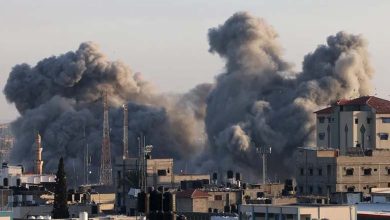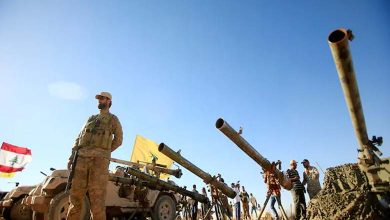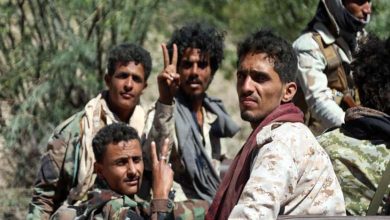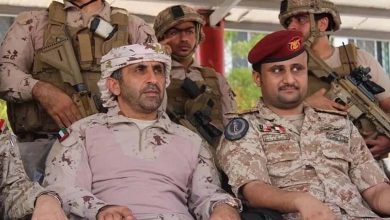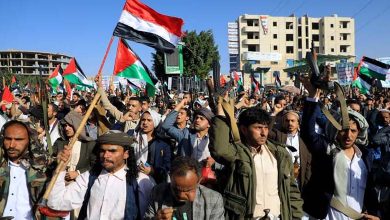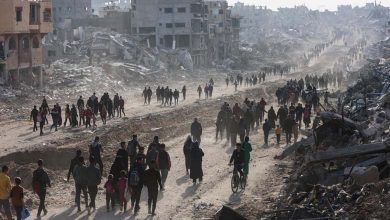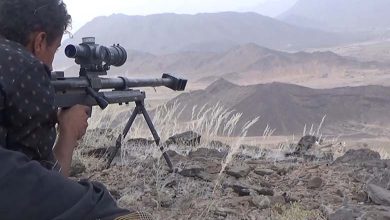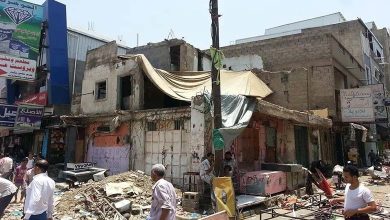Regional Efforts Intensify to Resume the Political Process in Yemen… Details
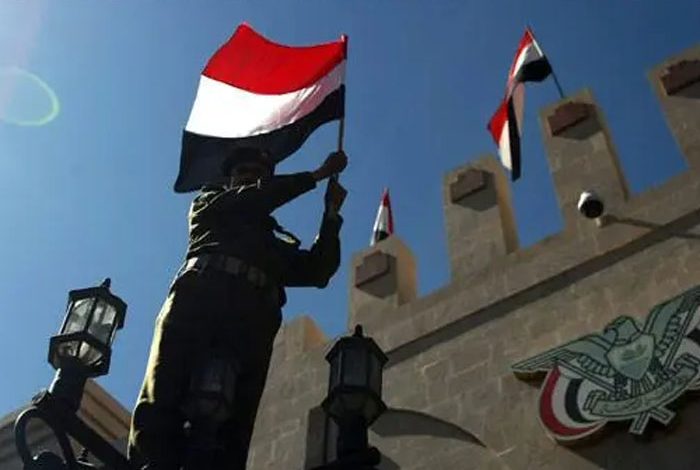
The recent days have witnessed numerous diplomatic meetings and gatherings, convened by the President and members of the Yemeni Presidential Leadership Council, along with relevant parties in the legitimate government. These discussions involved various ministers, ambassadors, regional and international envoys, all aiming to restart the political process at the local level.
Yesterday, the Special Envoy of the United Nations Secretary-General for Yemen, Hans Grundberg, reviewed the recent movements and communications conducted by his office at both regional and international levels to resume the political process between the conflicting parties within the country. This presentation was made before President of the Presidential Leadership Council, Rashad Al-Alimi.
This took place during a meeting held by Al-Alimi at his residence in the Saudi capital Riyadh with the UN Special Envoy for Yemen, Hans Grundberg, attended by the members of the presidential council, Sultan Al-Arada and Abdullah Al-Alimi.
During the meeting, which covered various issues and topics, Al-Alimi reminded attendees, as per the official Yemeni news agency Saba News, of the government initiatives aimed at achieving “comprehensive and just peace.”
Meanwhile, the media channels of the UN Special Envoy’s office to Yemen detailed aspects of the meeting, stating that discussions revolved around ongoing mediation efforts to agree on measures to improve living conditions, implement a comprehensive ceasefire, and resume an inclusive political process led by Yemenis under the auspices of the United Nations to reach a sustainable political settlement.
The United Nations, Saudi Arabia, and the Sultanate of Oman are leading vigorous efforts to reach a political solution in Yemen, a country suffering from a devastating conflict since late 2014 between government forces and the Houthi rebels.
Simultaneously, the Yemeni government has renewed warnings about the consequences of Houthi economic warfare on humanitarian conditions. This comes as the rebel group is accused of escalating militarily on multiple fronts and demanding more decisive international stances to push them towards peace.
The Houthi militias have attacked oil export facilities in Hadramout and Shabwah since last October, causing a halt in exports. They have also implemented revolutionary measures to hinder imports through ports controlled by the legitimate authorities.
In the latest statements by the Minister of Information, Moammar Al-Eryani, he stated that the Houthi militias are imposing multiple levies on the movement of all goods and commodities through ports linking liberated areas with those forcefully under their control. These levies parallel the tax and customs duties they impose on imported goods via the Hodeidah port.
He described this as “a new escalatory step within the declared economic war that the militias are waging against the government and the people.”
The Yemeni minister explained that the Houthi militias aim to compel import companies and traders to cease importing through the port of Aden and instead divert to the Hodeidah port under their control. This is intended to damage the state’s revenues and hinder the government’s ability to meet its obligations, including paying salaries to employees in liberated areas, further extending their policy of impoverishment and starvation targeting citizens.


